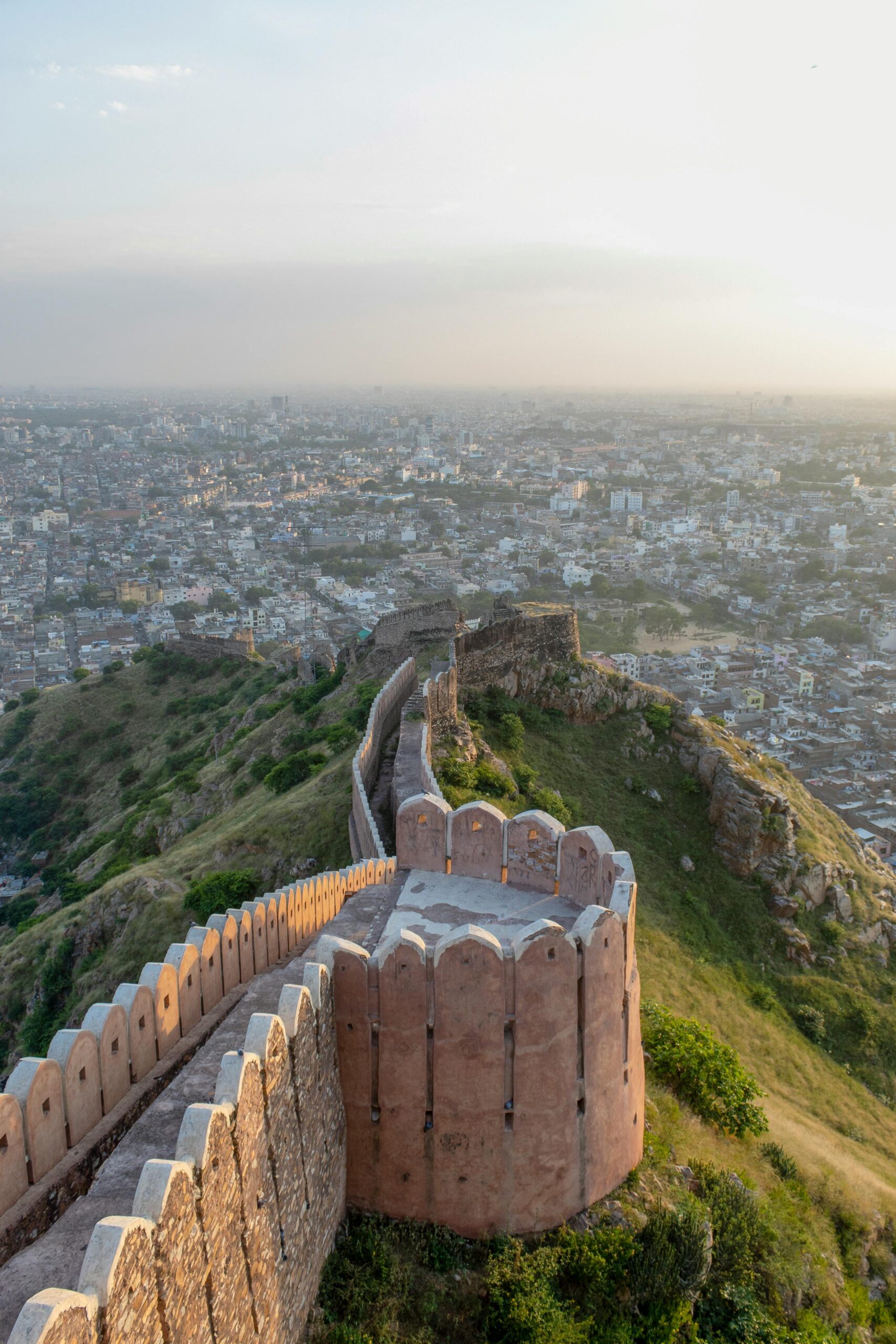
Rajasthan: The Land of Royals—How Politics Influences Growth
Key Metrics:
- Lok Sabha Seats: 25
- Rajya Sabha Seats: 10
- Population: Approximately 80 million (2025 estimate)
- GDP Contribution: ₹10.20 lakh crore (FY 2023-24)
- Urbanization Rate: 30%
- Major Economic Sectors: Mining, tourism, textiles, and agriculture
Jaipur, 2025 — Rajasthan, renowned for its rich history and cultural heritage, is a state where the grandeur of its past meets the aspirations of its present. Known as the Land of Royals, Rajasthan’s political landscape is as dynamic as its history, significantly influencing its developmental trajectory. This article explores how political factors in Rajasthan shape its economic growth, focusing on the interplay between traditional influences and modern governance.
Historical and Political Context
- Legacy of Governance
- Royal Heritage: Rajasthan’s historical governance by various royal families has left a lasting legacy on its political culture, which still reverberates in its administrative and political practices today.
- Feudal Influences: The remnants of a feudal system influence local politics, where loyalty and lineage play significant roles in political affiliations and leadership.
- Current Political Dynamics
- Political Stability and Changes: The state has seen fluctuating political stability with changes in government that often bring shifts in policy direction, impacting economic initiatives and social reforms.
- Decentralized Governance: With significant powers devolved to local bodies, politics at the panchayat and district levels are crucial in shaping development policies at the grassroots.
Impact of Politics on Economic Growth
- Economic Policies and Development
- Tourism as a Growth Engine: Government policies promoting Rajasthan as a global tourist destination have spurred growth in hospitality, arts, and crafts sectors, bolstering the state’s economy.
- Industrial and Mining Policies: Political decisions affecting mining laws and industrial development significantly impact the state’s economic health, given its rich mineral resources.
- Infrastructure and Investment
- Public Infrastructure Development: Political commitment to improving infrastructure like roads, electricity, and water supply can dramatically affect investment levels and overall economic growth.
- Investment Attraction: Stability and clarity in political policies encourage or dissuade foreign and domestic investment, particularly in sectors like solar energy, where Rajasthan holds considerable potential.
Challenges and Opportunities
- Socio-Economic Disparities
- Rural-Urban Divide: The disparity between urban centers like Jaipur, Udaipur, and rural areas remains stark, with politics often influencing the allocation of resources and development projects.
- Social Policies: Political approaches to education, healthcare, and women’s empowerment are critical in addressing these disparities and fostering inclusive growth.
- Cultural and Political Harmony
- Managing Diversity: Rajasthan’s diverse cultural fabric requires nuanced political handling to ensure communal and social harmony, which is vital for maintaining a stable growth environment.
- Heritage and Modernity: Balancing the preservation of cultural heritage with the need for modern infrastructure and services poses a unique challenge that political leaders must navigate.
Conclusion: The Royal Path to Development
Rajasthan’s political environment is a pivotal factor in its developmental narrative. The state’s ability to harness its royal legacy and rich cultural history in a way that complements modern economic policies could define its future trajectory. As Rajasthan continues to evolve, the effectiveness of its political strategies in leveraging both traditional strengths and modern opportunities will be key to realizing its potential as a vibrant and progressive state in the Indian federation.


